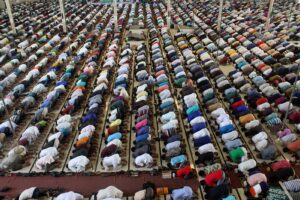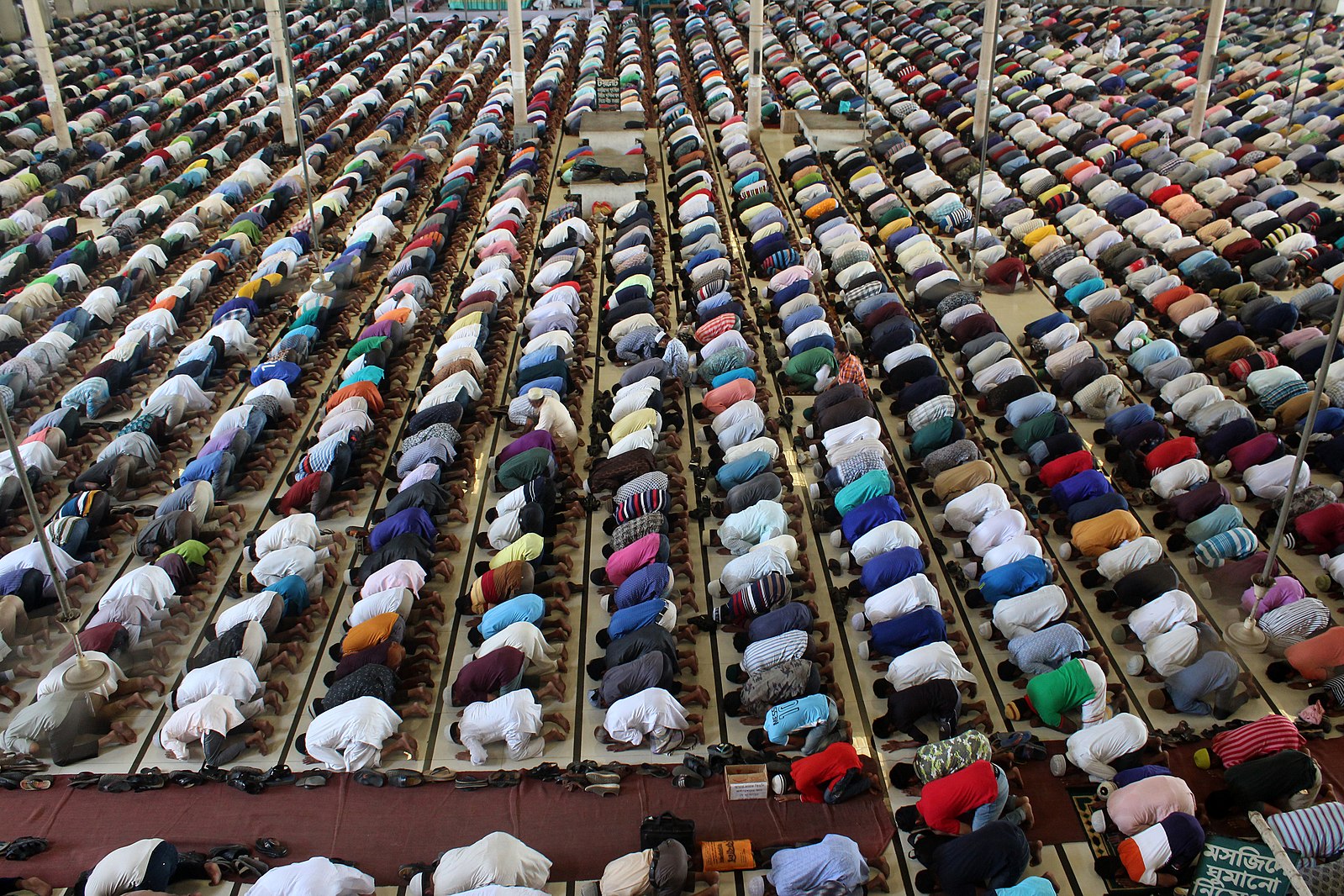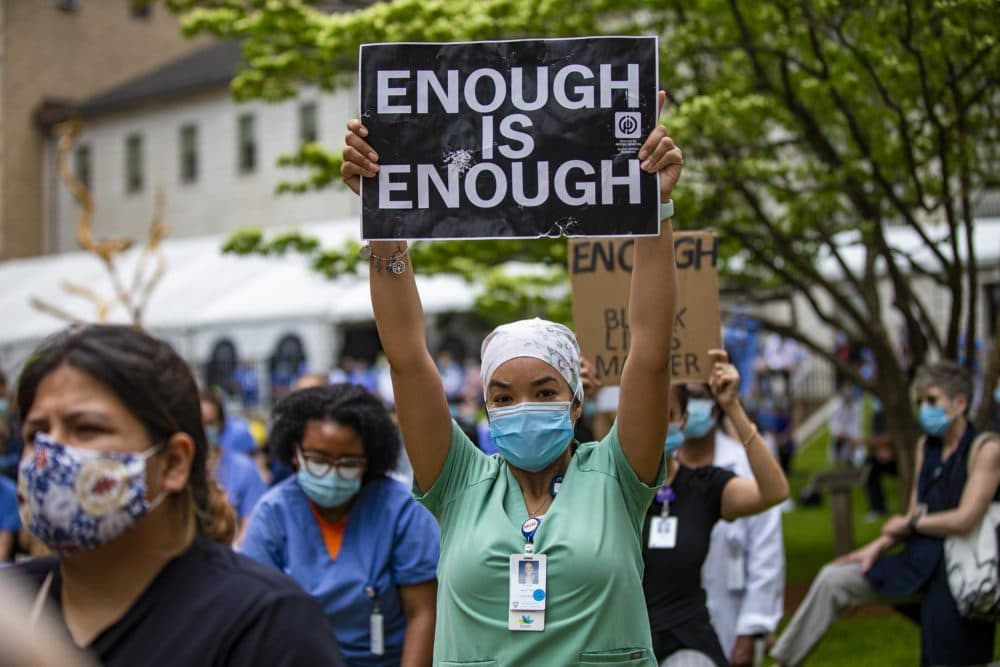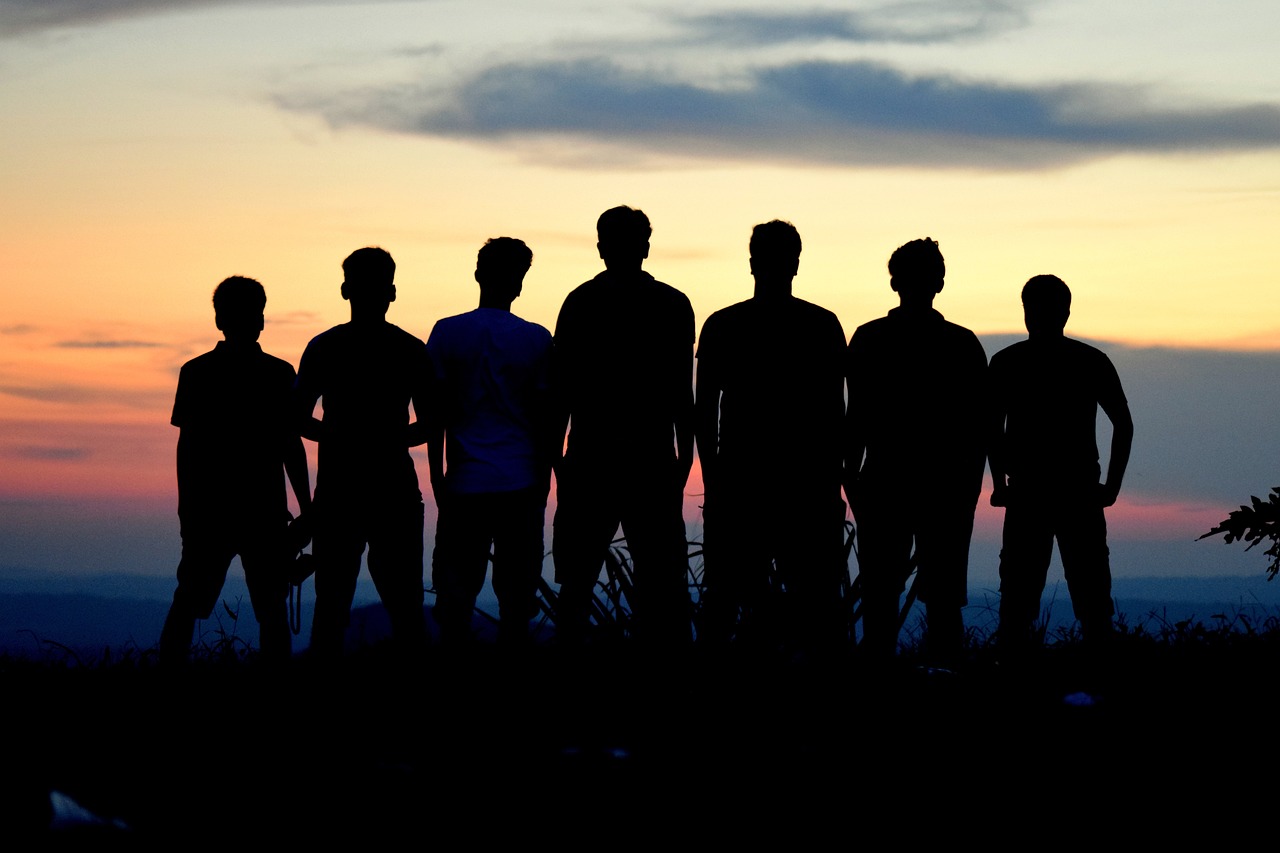
In Bangladesh, 100,000 mourners gathered to mark the passing of the Islamic teacher Maulana Zubayer Ahmad Ansari. In Saudi Arabia, religious leaders have ruled that Ramadan and Eid prayers should be done at home and not in a mosque. In the United States, the U.S. District Court of Kansas ruled against the state governor’s decision to limit church gatherings to fewer than 10 people. And in Louisiana, Pastor Tony Spell of Life Tabernacle Church was arrested for allegedly driving a bus into a man protesting Spell’s decision to hold in-person church services. All of these incidents have two points in common. First, each has the risk of spreading COVID-19. The mourners in Bangladesh were unmasked, the holy city of Mecca typically sees 12-17 million visitors during Ramadan, and while governors across the U.S. have ordered churches closed to help flatten the pandemic curve, many pastors have chosen to defy these orders. The second point each incident has in common is they all speak to the issue of religiosity, the beliefs and behaviors associated with transcendent or spiritual concerns. Let’s take a moment to consider the role of religion in the lives of people around the world.
Durkheim argued that the power of religion was not simply in the beliefs, ideas generally held to be true within society. In fact, the true power of religion comes from the rituals, actions performed in a certain way each and every time. There are many types of religious rituals. Praying is a ritual. Singing hymns is a ritual. Taking communion is a ritual. Wherever you are around the world, when you find religion, you also find rituals. However, the rituals of religion are not the same as rituals in your everyday life. Brushing your teeth in the morning is a ritual, but that behavior is not in the same category of ritual as taking communion. The distinction between these two rituals has to do with the concepts of sacred and profane.

Anything categorized as sacred is set apart and requires special religious treatment. On the other hand, profane things are within the ordinary and familiar realm of everyday existence. Believers feel that religious rituals are sacred and must be performed in a certain way to “count.” For example, the prayer has to be said a certain way. If you said the prayer backward, it does not count. On the other hand, if you normally brush your teeth with your right hand but decide to brush using your left hand, it wouldn’t invalidate the ritual of brushing your teeth because teeth brushing isn’t a sacred ritual. Whether talking about the mourners in Bangladesh or churchgoers in Kansas, these groups of people may have some personal nuances associated with their beliefs, but they are all trying to follow the rituals of their religion. The fact that they are doing this with others in their group illustrates another point about religion. Religion helps create in-groups and out-groups but also works to create social cohesion, bonds between members that maintain stability in society. Social cohesion does not just strengthen in-groups. It also helps foster solidarity or group unity, and group unity helps people feel powerful. Why are religious groups willing to meet in the face of COVID-19? Because their religion makes them feel obedient, bonded, and powerful in the face of these uncertain times.
Thompson is a co-owner of UITAC Publishing. UITAC’s mission is to provide high-quality, affordable, and socially responsible online course materials.
Image used in this blog:
- “Praying Salat together inside the mosque” by Syed Mahabubul Kader is licensed under CC BY-SA 4.0. This image has not been altered.
- “Inside Photography of Church” by Adrien Olichon is licensed on Pexels. This image has not been altered.




